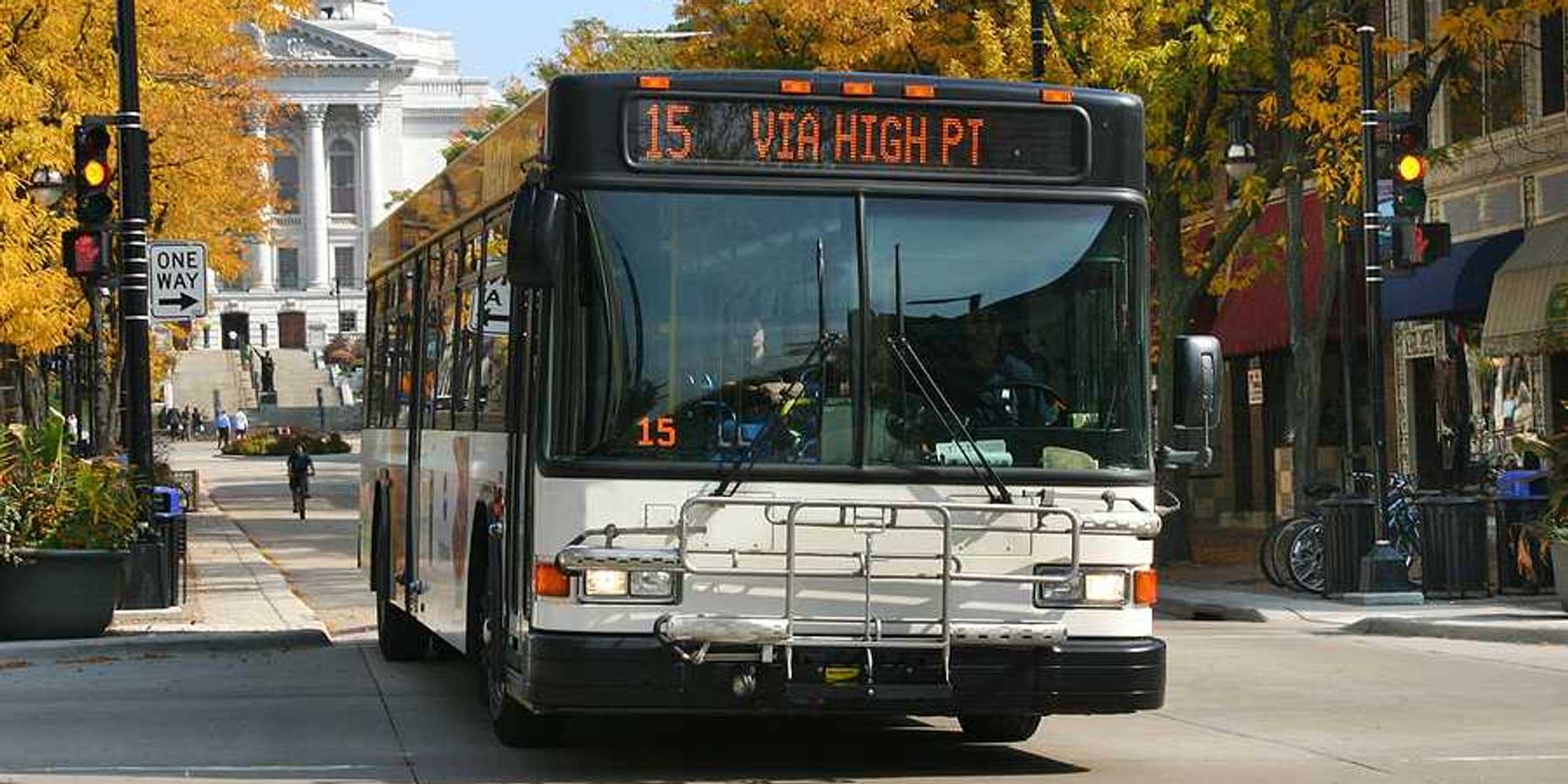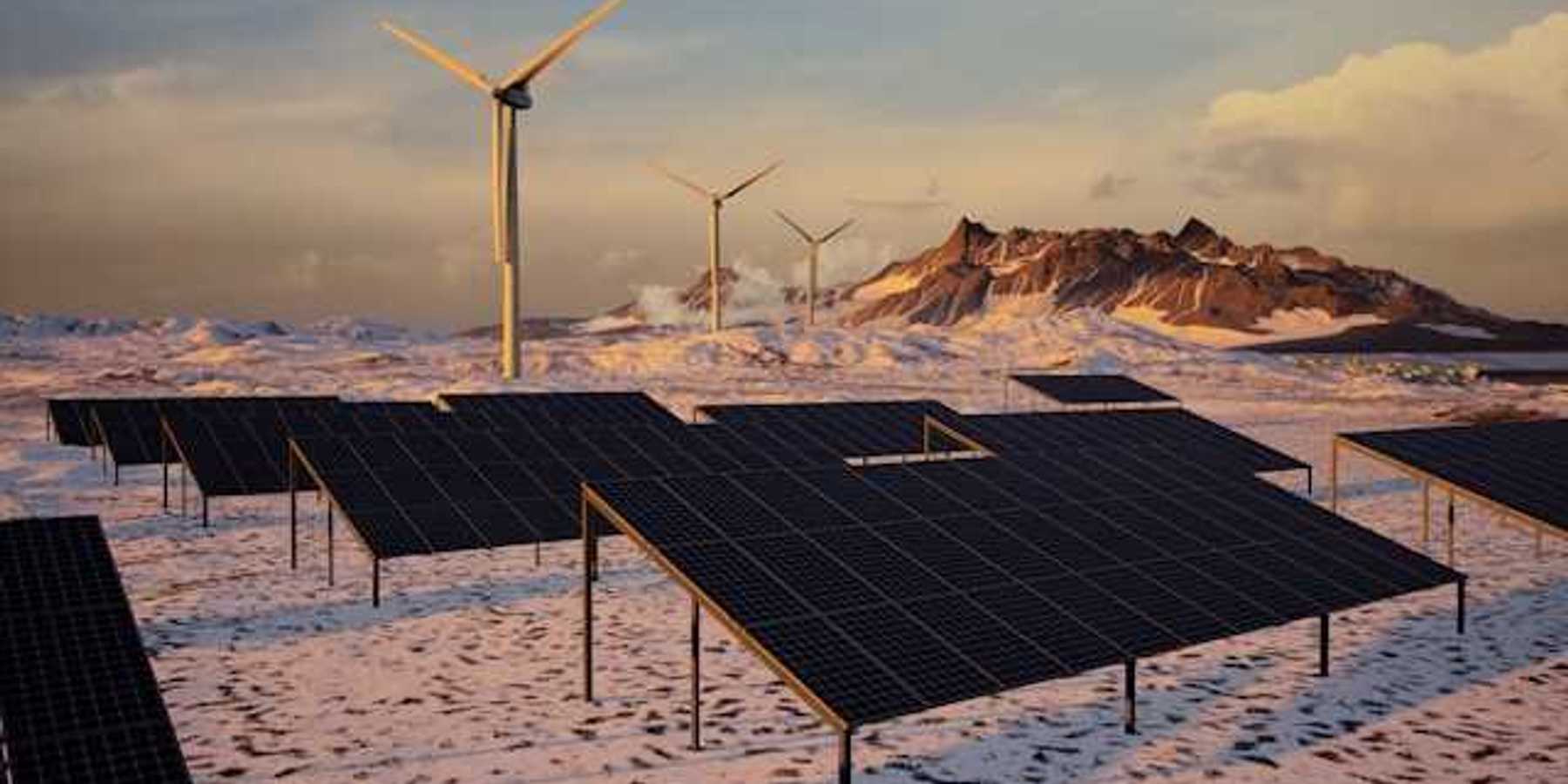Global finance obstacles shape COP29 climate goals
As COP29 discussions unfold in Baku, rich countries face pressure to commit $1 trillion a year to help low-income nations combat climate change, a task now more difficult following Donald Trump's election and his stance on climate funding.
Somini Sengupta and Lydia DePillis report for The New York Times.
In short:
- Trump’s recent election complicates the COP29 goal to secure climate funds for low-income countries, as the U.S. is unlikely to contribute.
- Proposals include taxes on high-emission sectors and a wealth tax on billionaires, though each faces political challenges.
- Alternatives like debt relief for disaster-hit countries and incentivizing private investment are being explored but lack adequate scale.
Key quote:
“Let’s dispense with any idea that climate finance is charity. An ambitious new climate finance goal is entirely in the self-interest of every nation, including the largest and wealthiest.”
— Simon Stiell, U.N. climate agency leader
Why this matters:
Developing countries are on the front lines of climate change, yet they lack the funds to mitigate damage and build resilience. Without adequate global financing, the worsening effects of climate change will likely lead to severe economic and social disruptions that impact all nations.













